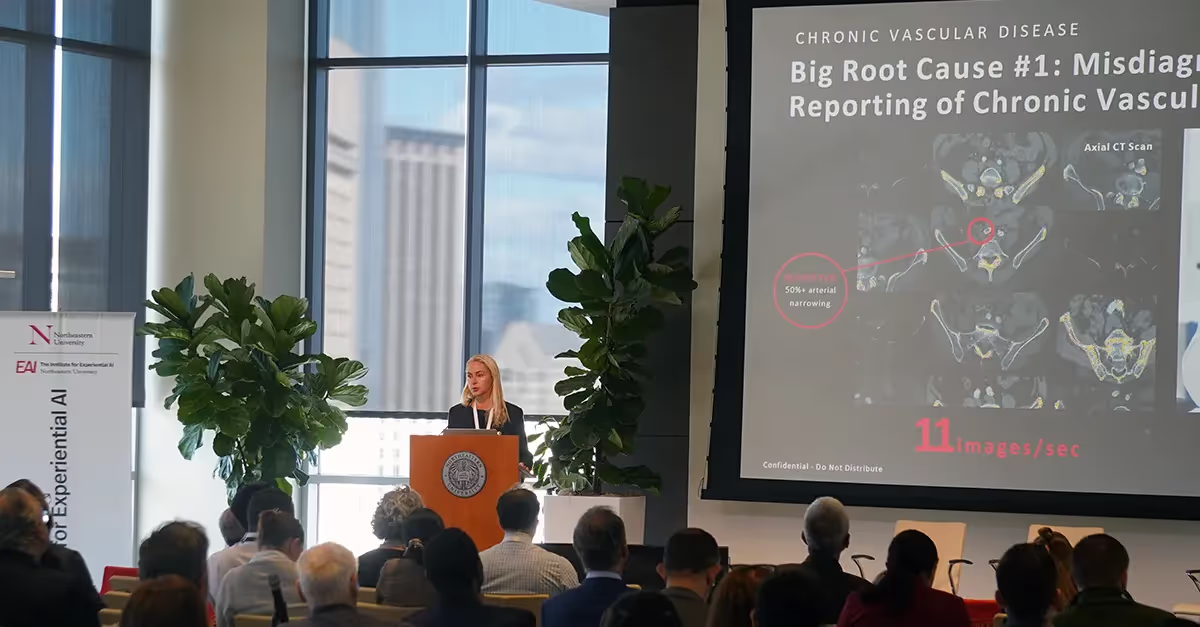Investing in Startups Creating More Cost-Effective, Equitable Healthcare With C10 Labs' Patricia Geli

The healthcare industry faces a cost crisis, and Patricia Geli, co-founder and managing director of C10 Labs, believes AI offers the solution.
In her keynote at The State of AI in Precision Health conference, Geli explored how artificial intelligence could reduce healthcare costs while advancing equity and public health.
"I started my journey in AI in 2005, roughly 20 years ago trying to model pharmacokinetics and pharmacodynamics for antimicrobial resistance," Geli says. "It's very hard and very slow, and that's what got me into AI. Since then, we have come a long way. AI now cuts the development time, reduces costs, and improves drug development success rates."
Geli is truly a public health pioneer. After the outbreak of the Ebola crisis, she helped lobby for $250 million in funding to establish the Africa CDC, which was approved just before the Covid-19 pandemic hit.
Geli’s firm, C10 Labs, also backs AI startups with specific, high-impact goals. Examples include a company developing predictive imaging technology to detect early signs of cardiovascular disease—the world’s leading cause of death—and another company building digital twins to help simulate drug responses and reduce the need for animal testing.
"The good news is AI doesn't suffer from burnout," Geli says. "It can process thousands of data points to identify early signs of disease much faster and more accurately than humans. This is one of the ideas that we're very bullish about, and it's also an idea that can help close the health equity gap, because there are a lot of disparities, especially in cardiovascular disease, between genders, races, and the location where patients are based."
The examples demonstrated what Geli calls “applied AI.” Unlike companies that build on generalized large language models, C10 invests in AI solutions tailored to solve pressing health issues directly.
Overall, Geli says AI holds enormous potential in resource-poor areas like Sub-saharan Africa and is eager to partner with entrepreneurs tackling issues that keep her up at night like antimicrobial resistance and infectious disease.
.avif)
Geli’s keynote reinforced that AI, thoughtfully applied, can be a powerful tool not only for cutting healthcare costs, but also for dramatically improving healthcare outcomes, making it more affordable and accessible around the world.
Be sure to check out all the coverage from The State of AI in Precision Health conference, and find out more about our work helping health and life science companies build custom AI solutions.

.avif)

.avif)
